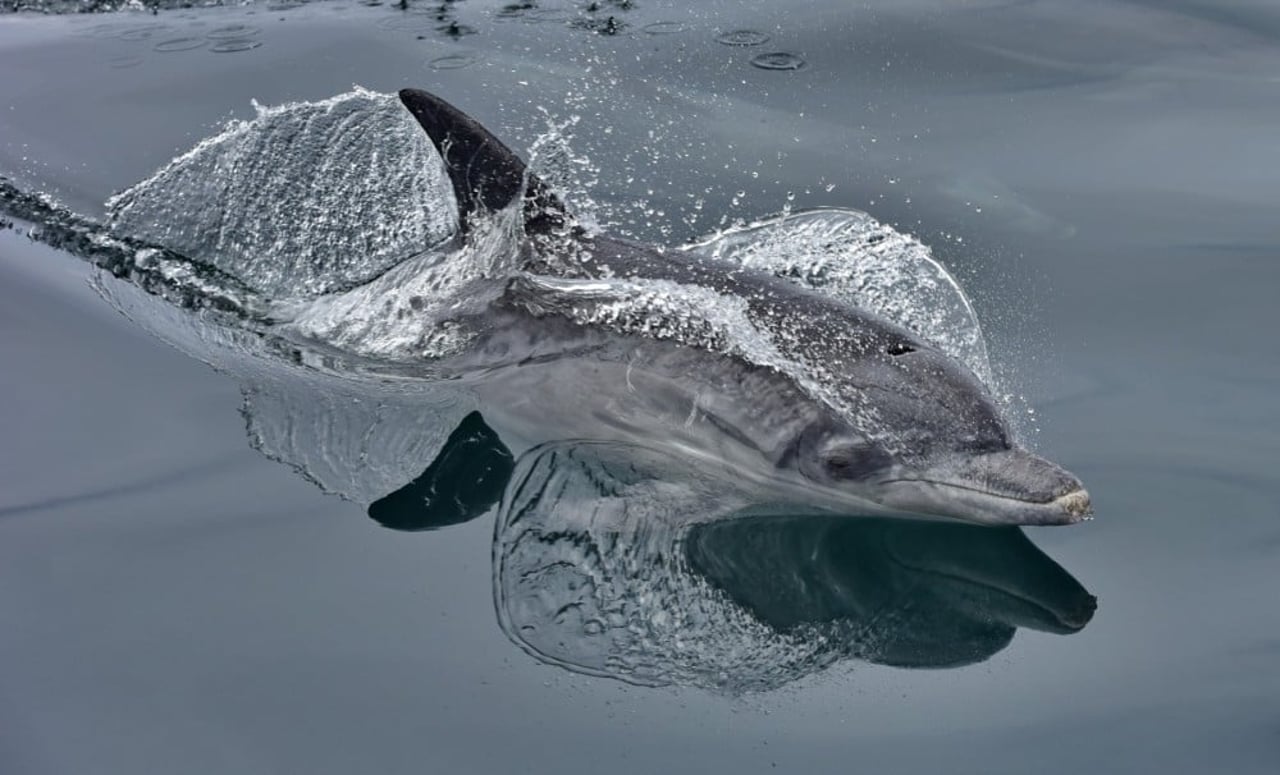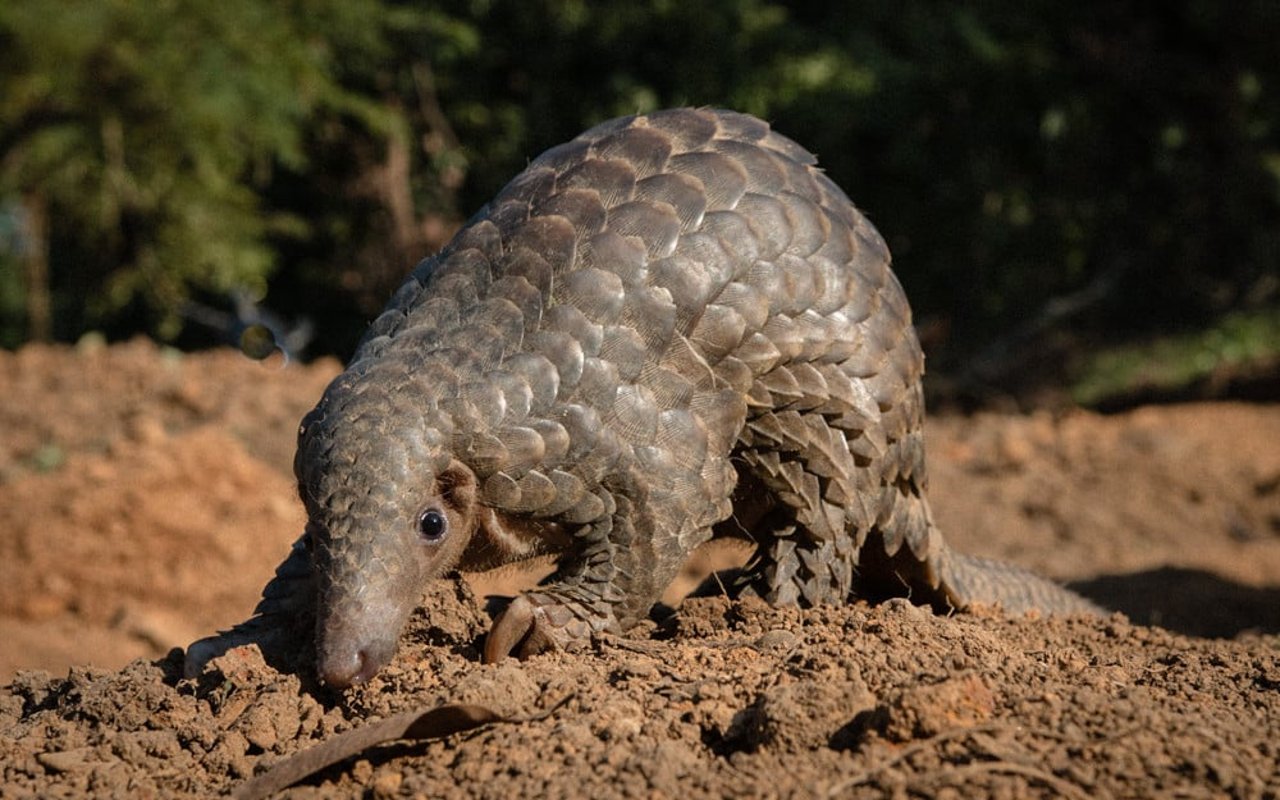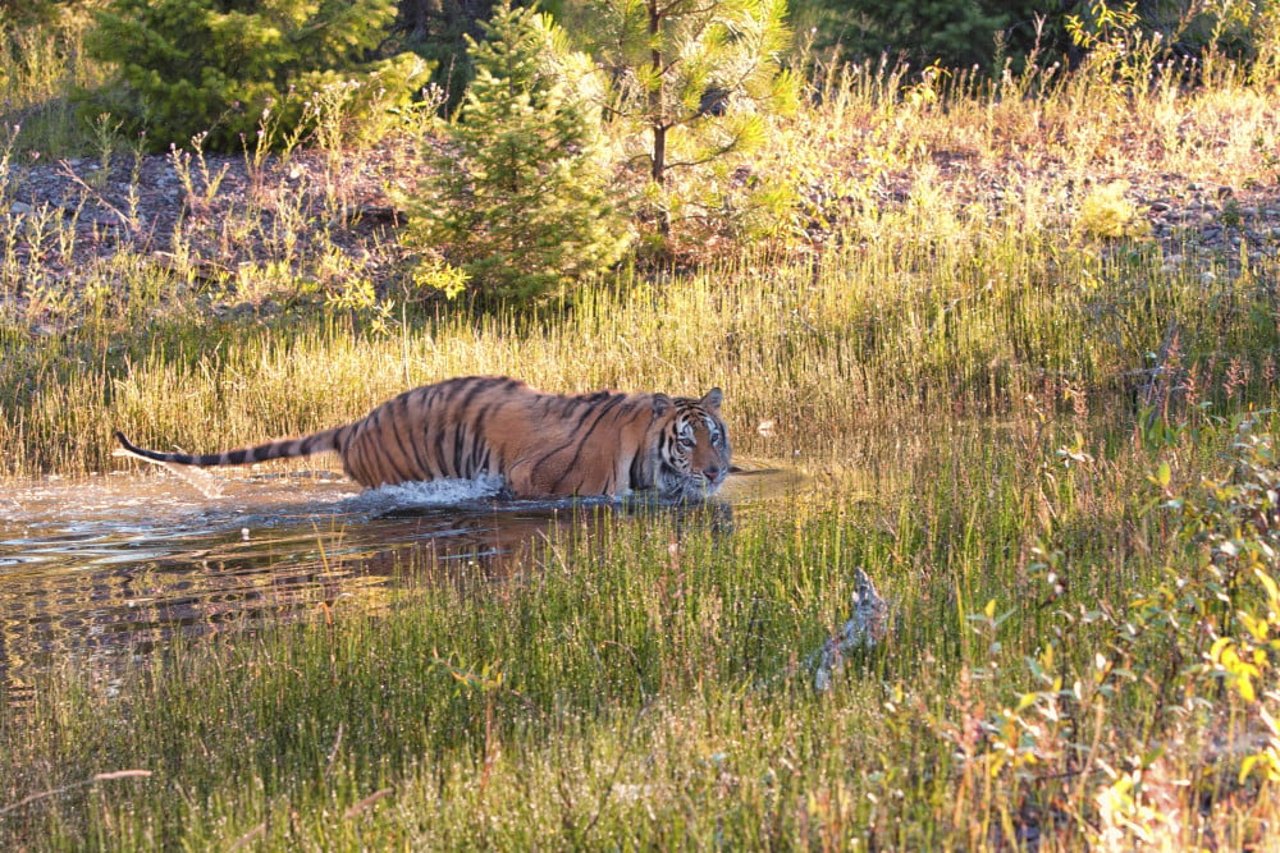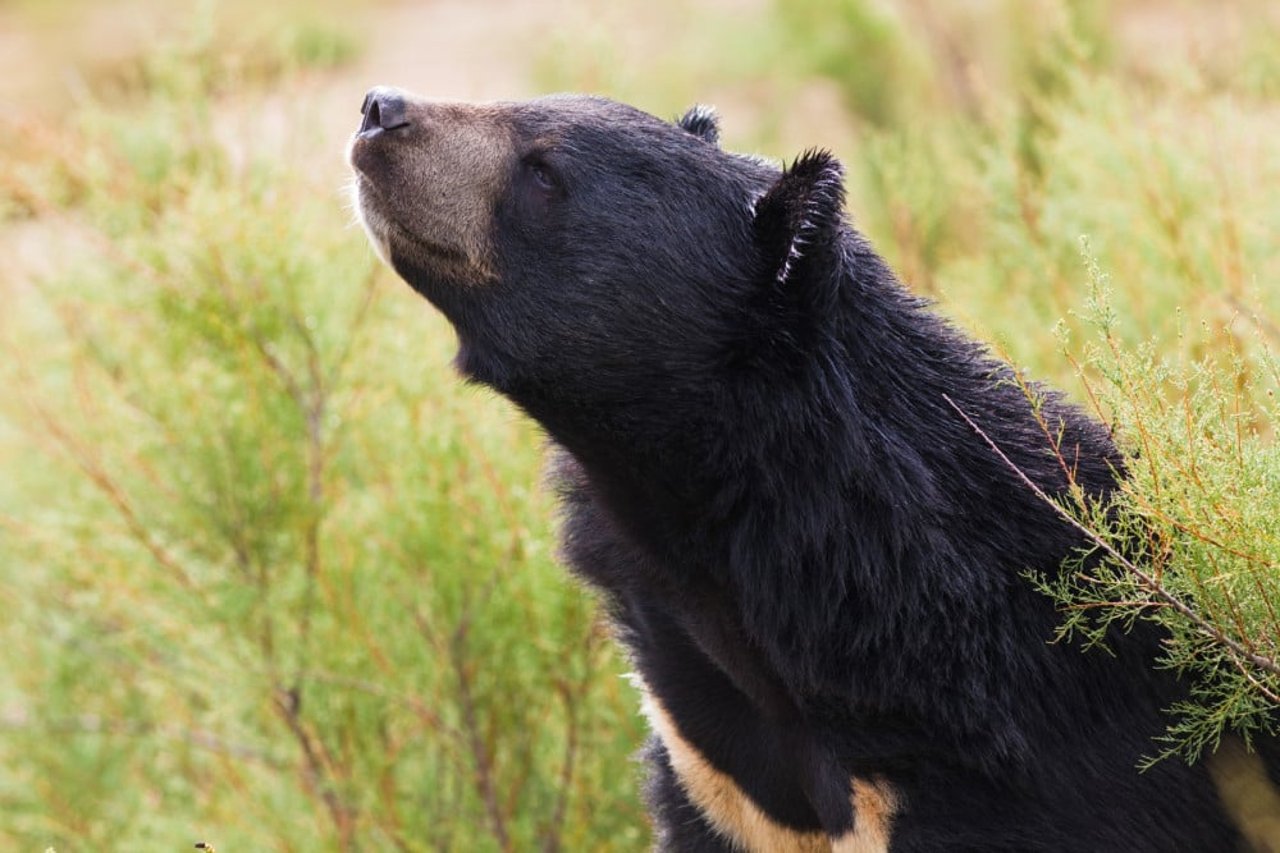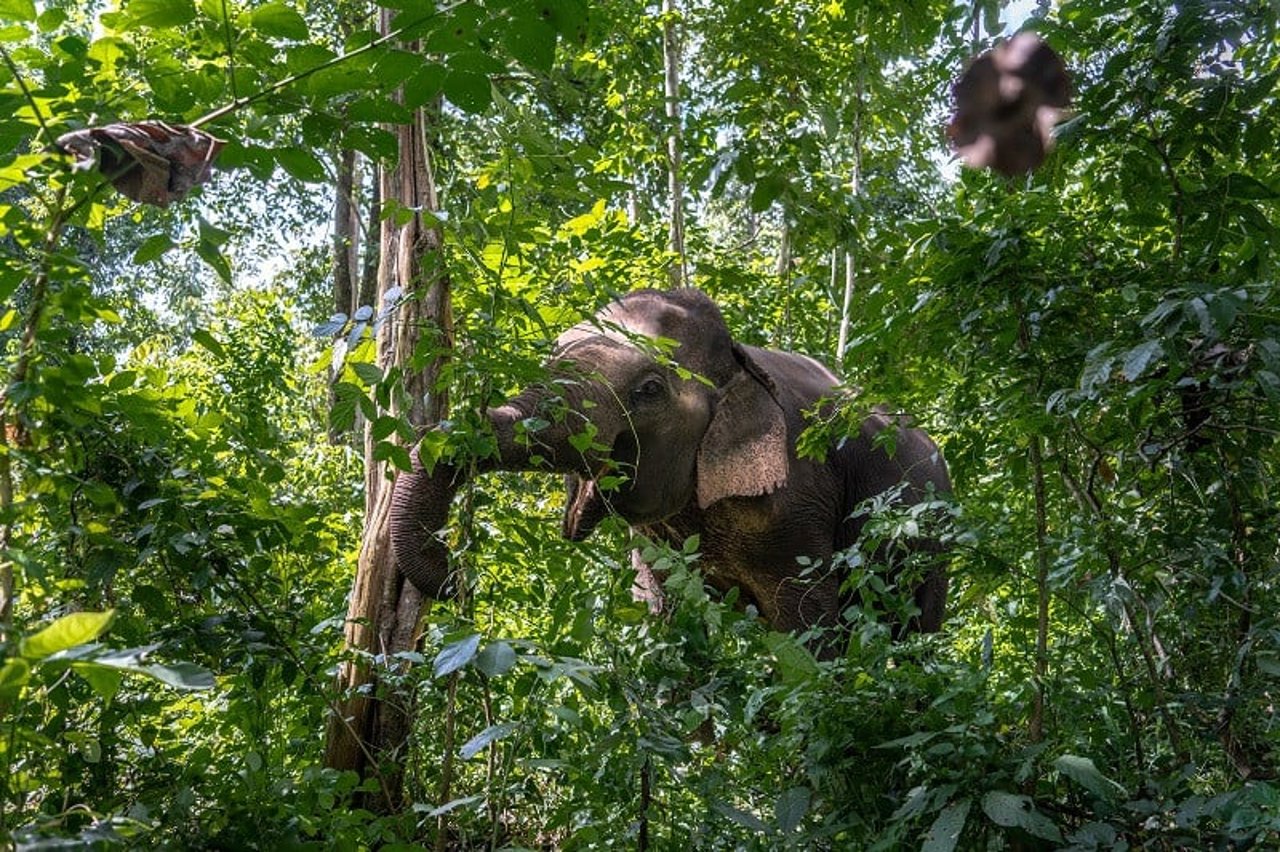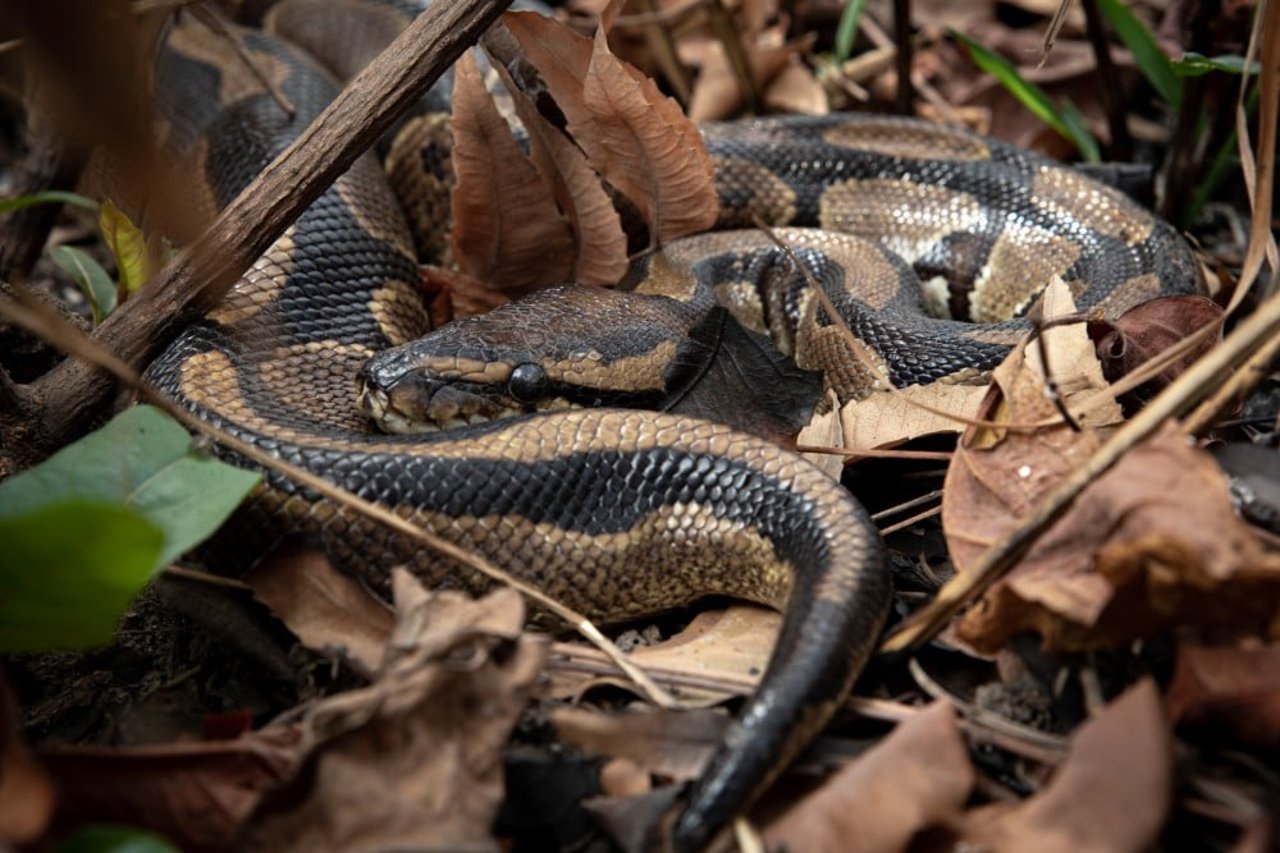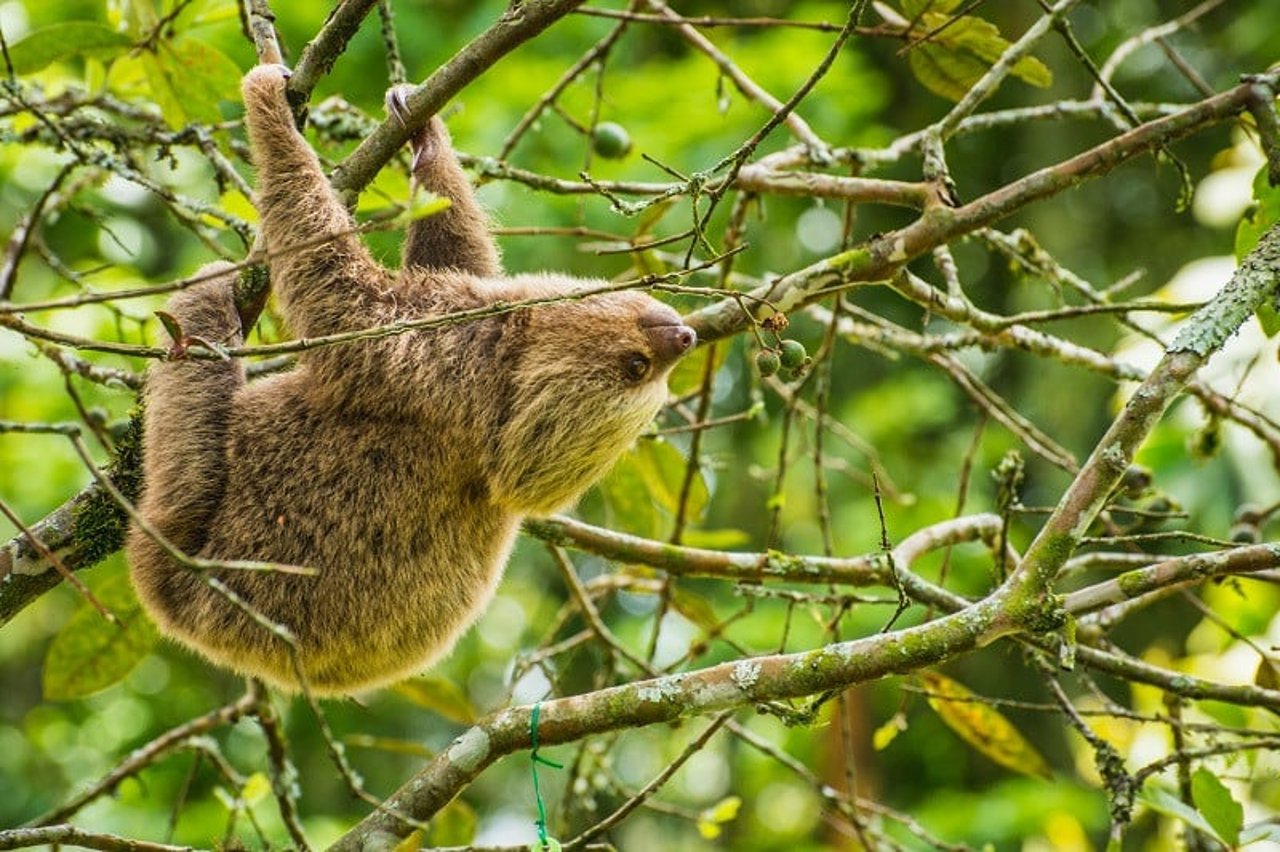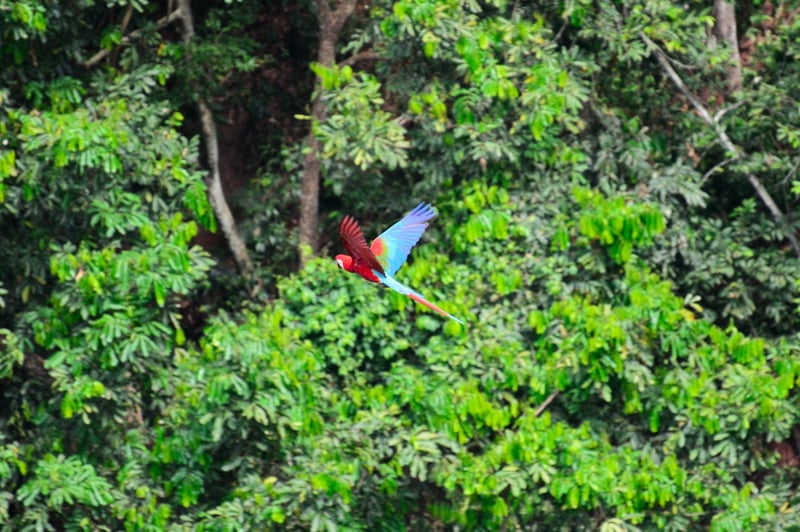
How a wildlife trade ban will help end animal suffering
Blog
The global wildlife trade is a multi-billion-dollar industry that causes animals horrific suffering and puts people at risk too. It’s time to end this cruelty.
Every day, millions of wild animals are poached, farmed, or sold into the global multi-billion-dollar wildlife trade – for food, pets, Traditional Asian Medicine, and entertainment. It’s time to put a stop to this unnecessary suffering by enacting a permanent ban on the wildlife trade.
Here are just some of the ways stopping the trade can benefit animals:
Dolphins saved from captivity
More than 3,000 dolphins are held captive worldwide for people’s entertainment. They are used for show performances, hugging, swimming with, and selfies. These activities, fueled by tourist demand and business greed, cause dolphins immense stress. They endure health issues including dehydration, malnutrition, fungal infections, and eye problems from being kept in tiny tanks and unnatural conditions.
A wildlife trade ban will stop their wild capture and prevent them from being bred, making this the last generation of dolphins to be held in captivity.
Learn more about the suffering captive dolphins face.
Photo: Raggy Charters
Pangolins protected
These gentle, shy animals are killed for their scales and meat and sold as part of the Traditional Asian Medicine trade. More than a million have been snatched out of their native habitats in Africa and Asia in the past decade, making them the world’s most trafficked wild mammal. Methods of capture are horrendously cruel – they are often smoked out of trees, then violently bludgeoned and boiled alive.
COVID-19 has led to some action being taken by the Chinese government to curb the trade of pangolins. Stronger bans and enforcement of these bans is needed, however, to keep these animals safe from harm.
Animals, like these 150 rescued pangolins, will finally be safe from this cruel trade.
Tiger breeding banned
Around the world, thousands of tigers are bred into a lifetime of exploitation. As cubs, these big cats are used as photo props and other entertainment. The conditions they are kept in are almost always inadequate, whether they are kept at a tourist venue in Thailand or at a roadside zoo here in Canada. Ongoing investigations are also suggesting that in some countries, tigers, when they become too old or difficult to use are killed to be used in Traditional Asian Medicines.
Tigers are an endangered species and yet they are being exploited for entertainment around the world. Sadly, there is a growing trend of people owning tigers as pets which is leading to even more exploitation. Shockingly, there are an estimated 5,000 captive tigers in the USA and over 1,500 captive tigers in Thailand, a major tourist hotspot.
The Big Cat Safety Act passed recently in the USA, banning the private ownership of tigers and putting an end to the cruel cub petting industry.
We want other governments, like the Thai government, to step up for tigers and prohibit the breeding of captive tigers used for entertainment.
A global wildlife trade ban would achieve this on an even bigger scale.
Photo: iStock. by Getty Images
Bears saved from suffering
Around 20,000 bears are legally farmed in China for their bile – a Traditional Asian Medicine ingredient. The bears are largely bred in captivity, trapped in small, barren cages in factory farm style conditions where they will live their whole lives. The bile extraction process – draining the bile through a tube in their stomachs – causes them great agony. Despite the available herbal alternatives, bear bile is used to treat a range of ailments including fever, gall stones, liver problems, heart disease, and eye irritation. It is also used in products such as tea, wine, toothpaste and shampoo that are widely sold in China.
While we have made significant progress in South Korea and Vietnam to phase out the bear bile industry, the trade is global. Shockingly, Canada also plays a role in this cruel industry: due to a depletion in Asiatic black bears, bears are being poached from the wild for their gallbladders in Canada as well as in the USA, Russia, and Japan.
A global ban is needed to protect bears around the world from this terrible and needless suffering.
Read about these three bears rescued from the bear bile industry.
Photo: istock.com
Elephant riding ended
So many tourists from Europe and elsewhere go to Asia with elephant riding on their bucket lists. Elephants used for riding typically endure wounds from the seats on their backs, foot and leg problems, and poor nutrition. They are often chained and prevented from grazing or socializing with each other as they would in the wild. To make them submit to riding, they go through early separation from their mothers and a distressing ‘breaking’ process. Thailand is one of the most popular tourist destinations where an estimated 2,200 elephants are used for riding.
A wildlife trade ban would help prevent more elephants entering a lifetime of suffering.
Read about these rescued elephants living their days out in sanctuaries.
Snakes stay wild
Ball pythons are among the more than 1.4 million exotic pets in Canada. In just over 45 years, more than three million Ball pythons have been exported from West Africa to North America, Europe, and Asia. Their horrendous journeys cause them great suffering which continues in the hands of traders and pet shops. When transported, they are typically stuffed into tiny plastic containers with no space for them to move or shelter, no water, and nothing to help these sensitive animals regulate their body temperature. Sadly, most new owners are ill prepared to provide the specialist care these sensitive animals need and many die as a result.
A wildlife trade ban would keep them living naturally in their home in West Africa where they belong.
Wildlife selfies stopped
Animals including caimans, anacondas, and sloths are just some of the Amazon species condemned to a life of suffering for selfies paid for by tourists. Wild animals used in this way are often stolen from their natural habitats and kept in conditions that can never meet their needs. They are simply reduced to a photo prop passed endlessly between people. They suffer from injuries, stress, and disease until they eventually die. An alarming 61% of the species found to be part of this wildlife selfie trade have been identified as being under threat by the Convention on the International Trade of Endangered Species (CITES).
Sadly, you don’t have to look far to find this cruel industry at play. There are venues across Canada where you can pay to get your picture taken with a wild animal.
A wildlife trade ban will help keep them wild where they belong.
Help put a stop to the cruel wildlife trade
Together we can protect the millions of animals involved in the trade each year, including an estimated 40,000 live primates, 4 million live birds, and 640,000 live reptiles.
Your support allows us to not only continue our vital work in other countries, but you will be supporting Bill C-293, the Pandemic Prevention and Preparedness Act (PPPA) in Canada. The PPPA, which we helped inform from an animal welfare perspective, is a critical step in recognizing how the wildlife trade is linked to pandemics and zoonotic disease, and how stopping this exploitation of animals is key to minimizing activities that can cause another pandemic.
Together, we can end animal suffering.
This horrific industry needs to stop. It causes immense animal suffering and puts people at risk too.
Many disease outbreaks, including pandemics, like COVID-19, have their origins in zoonotic diseases, which are caused by pathogens that are transmitted from animals to humans. The wildlife trade is a major contributor to pandemic risk.
More than 1.8 million wild animals were imported into Canada between 2014 and 2019, and a shocking 93% of these imports were seemingly not subject to any permits or screening for diseases. We should have learned our lesson after the SARS outbreak in 2002, which was also linked to a wildlife market and the trade in wild animals. Instead, the trade has grown globally, increasing the risks of the emergence and spread of zoonotic diseases, with COVID-19 as a prime example.
Sign our petition now to join us in urging the Government of Canada to support the immediate and permanent closure of wildlife markets and end the import and domestic trade in wild animals and wild animal products.
